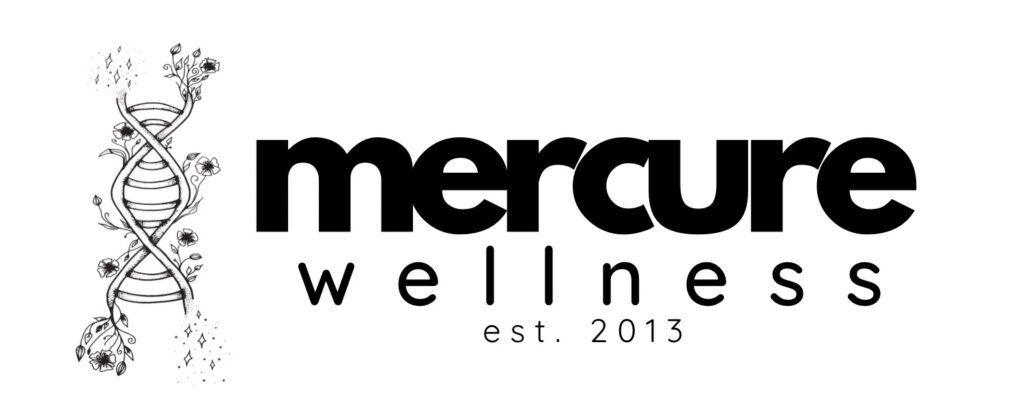Toxoplasma gondii infections are surprisingly common.
Toxoplasma gondii is a parasite smaller than a human cell, yet it can wreak havoc on your body. Approximately 50 million Americans are infected. If you own a cat, eat a lot of pork or sheep, drink raw milk, don’t wash your fruits and vegetables, or do a lot of gardening, there’s a good chance you’re in that group.
The good news is that most of us can keep it in check with a healthy immune system, so only about 20% of infected people experience flu-like symptoms (muscle aches and swollen lymph nodes). However, 99% of immunocompromised individuals will have symptoms, which can be life-threatening. The parasite is so small that it can sneak past the blood-brain barrier and lay eggs (oocysts). This can lead to toxoplasmic encephalitis (a swollen brain), causing neurological symptoms like seizures and cognitive impairment. Studies have linked T. gondii to schizophrenia, OCD, 17% of traffic accidents, and 10% of suicide attempts.
What’s alarming is that an infected person can carry the parasite for years without knowing it. Then, if they develop a condition that weakens their immune system, the parasites can run wild.
For pregnant mothers, the risk is especially concerning. Your fragile baby can become infected, which is very bad news. Common symptoms in the baby include jaundice, an enlarged liver and spleen, and low birth weight. More severe cases can involve inflammation of the retina (leading to blindness), hydrocephalus (excess fluid in the brain), intracranial calcifications, seizures, and a small head (microcephaly).
What can you do? Although 50% of people don’t know the source of their infection, you can still take steps to avoid common sources. Cook your food well and wash your vegetables thoroughly. Wash your hands, especially after cleaning the kitty litter box or gardening. If you’re pregnant, avoid all potential sources of infection mentioned above. You’re off kitty litter duty for nine months, but don’t give your cat away. Cats typically only shed Toxoplasma gondii oocysts for a short period after initial infection, and many indoor cats are already immune. If your cat isn’t eating raw meat or hunting rodents, you should be fine—just skip the kitty litter box.
Keep your immune system strong: Vitamin C and zinc are great starting points.
Keep your gut healthy: Probiotics are essential. If this nasty little parasite is going to get in, it’s coming right through the front door—your mouth. A healthy gut is your first line of defense, and a strong gut depends on healthy gut bacteria.
Supplements:
- Garlic: Both vampires and T. gondii hate garlic (though we’re less sure about vampires).
- Oregano oil: Nature’s nuclear bomb. It massacres bacteria, fungi, and parasites. A capsule containing half oregano oil and half olive oil with a meal is a reasonable precaution once or twice a week.
- Olive Essentials: These are loaded with hydroxytyrosol, which has shown promising anti-parasitic properties in studies. For example, some research indicates that hydroxytyrosol can inhibit the growth of Leishmania (a parasitic protozoan) and other intestinal parasites. Plus, it’s anti-inflammatory, great for your heart, and has neuroprotective benefits.
How to buy these products…
Best Probiotics on Earth – https://bit.ly/Life9Probiotics
Pure Oregano Essential Oil – https://bit.ly/PureOreganoEssentialOil
500 Empty veggie capsules – https://amzn.to/46WiGb8
Vitamin C with Zinc – https://bit.ly/SuperCTabletsZinc
Olive Extract with Hydroxytyrosol – https://bit.ly/OliveEssentialsWithHydroxytyrosol
Wash your food with plants – https://bit.ly/LemonBasedVeggieWash
Wash your hands with plants – https://bit.ly/PlantBasedHandScrub



